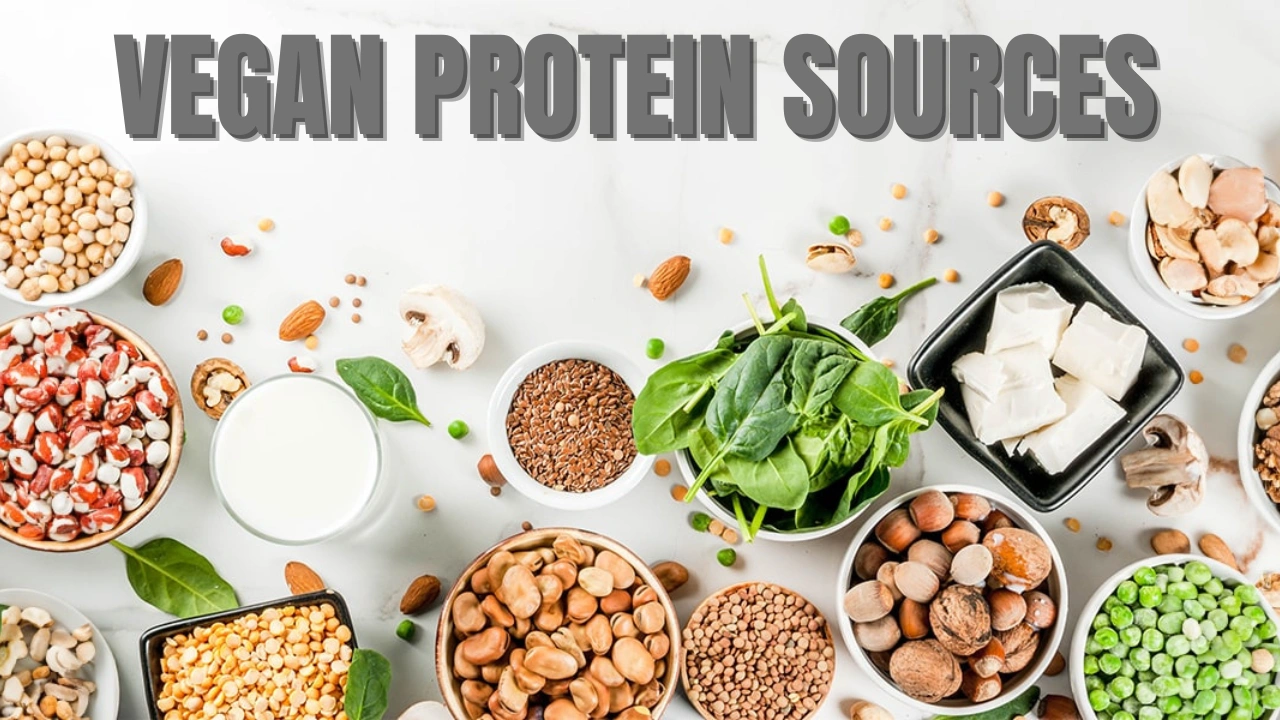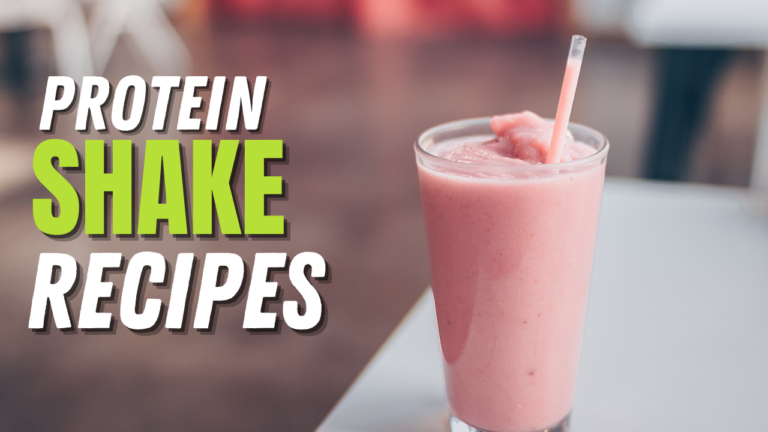Positive Vegan Protein Sources: A Complete Guide
Vegan Protein is an essential nutrient for maintaining muscle, boosting energy, and supporting overall health. While many people associate protein with animal products, there are plenty of excellent plant-based options that provide all the protein you need. Whether you’re vegan or simply looking to reduce your meat consumption, this guide will help you explore the best vegan protein sources.
Why Choose Vegan Protein?
Many people are turning to plant-based proteins for health, environmental, and ethical reasons. Vegan proteins tend to be lower in saturated fat and cholesterol while offering plenty of fiber, vitamins, and antioxidants. Plus, plant-based diets have been linked to lower risks of heart disease, diabetes, and obesity.
Top Vegan Protein Sources
Here are some of the best plant-based protein sources to include in your diet:
1. Legumes
Legumes, such as beans, lentils, and chickpeas, are packed with protein, fiber, and essential nutrients.
- Lentils: About 18g of protein per cooked cup.
- Chickpeas: 15g of protein per cooked cup.
- Black beans: 15g of protein per cooked cup.
2. Tofu, Tempeh, and Edamame
These soy-based foods are rich in protein and highly versatile.
- Tofu: Around 10g of protein per ½ cup.
- Tempeh: About 21g of protein per ½ cup.
- Edamame: 17g of protein per cup.
READ MORE: Best Protein Brands
3. Quinoa
Unlike most plant-based proteins, quinoa is a complete protein, meaning it contains all nine essential amino acids.
- Quinoa: 8g of protein per cooked cup.
4. Nuts and Seeds
Nuts and seeds are not only high in protein but also contain healthy fats and fiber.
- Chia seeds: 5g of protein per 2 tablespoons.
- Hemp seeds: 9g of protein per 3 tablespoons.
- Almonds: 6g of protein per ounce.
- Peanut butter: 8g of protein per 2 tablespoons.
5. Seitan
Seitan, also known as wheat gluten, is one of the richest plant-based protein sources.
- Seitan: 21g of protein per 3.5 ounces.
6. Oats and Whole Grains
Whole grains offer a surprising amount of protein along with fiber and essential nutrients.
- Oats: 6g of protein per ½ cup.
- Brown rice: 5g of protein per cooked cup.
- Farro: 8g of protein per cooked cup.
7. Plant-Based Protein Powders
For those needing an extra protein boost, plant-based protein powders are a great option.
- Pea protein: About 20-25g of protein per serving.
- Hemp protein: 12-15g of protein per serving.
- Brown rice protein: 20g of protein per serving.
Tips for Getting Enough Protein on a Vegan Diet
- Eat a variety of plant-based proteins to ensure you get all essential amino acids.
- Incorporate protein-rich snacks like nuts, hummus, or protein smoothies.
- Use plant-based protein powders if needed for extra support.
- Plan balanced meals with a mix of legumes, grains, nuts, and vegetables.
Final Thoughts
Vegan Protein: Eating a vegan diet doesn’t mean sacrificing protein. With a wide variety of plant-based options available, you can easily meet your protein needs while enjoying delicious and nutritious foods. Legumes such as lentils, chickpeas, and black beans are excellent sources of protein and can be used in a variety of dishes like soups, stews, and salads.
Nuts and seeds, including almonds, chia seeds, and hemp seeds, add not only protein but also healthy fats and essential nutrients. Tofu, tempeh, and edamame are versatile soy-based proteins that can be incorporated into stir-fries, sandwiches, or even breakfast scrambles. Whole grains like quinoa, farro, and brown rice also provide a good amount of protein while delivering fiber and complex carbohydrates.
By adding these protein-packed foods to your diet, you’ll feel stronger, more energetic, and fully satisfied, while also supporting heart health, muscle maintenance, and overall wellness. With creativity in your meal planning, getting enough vegan protein is not only achievable but enjoyable, allowing you to thrive on a plant-based diet every day.


